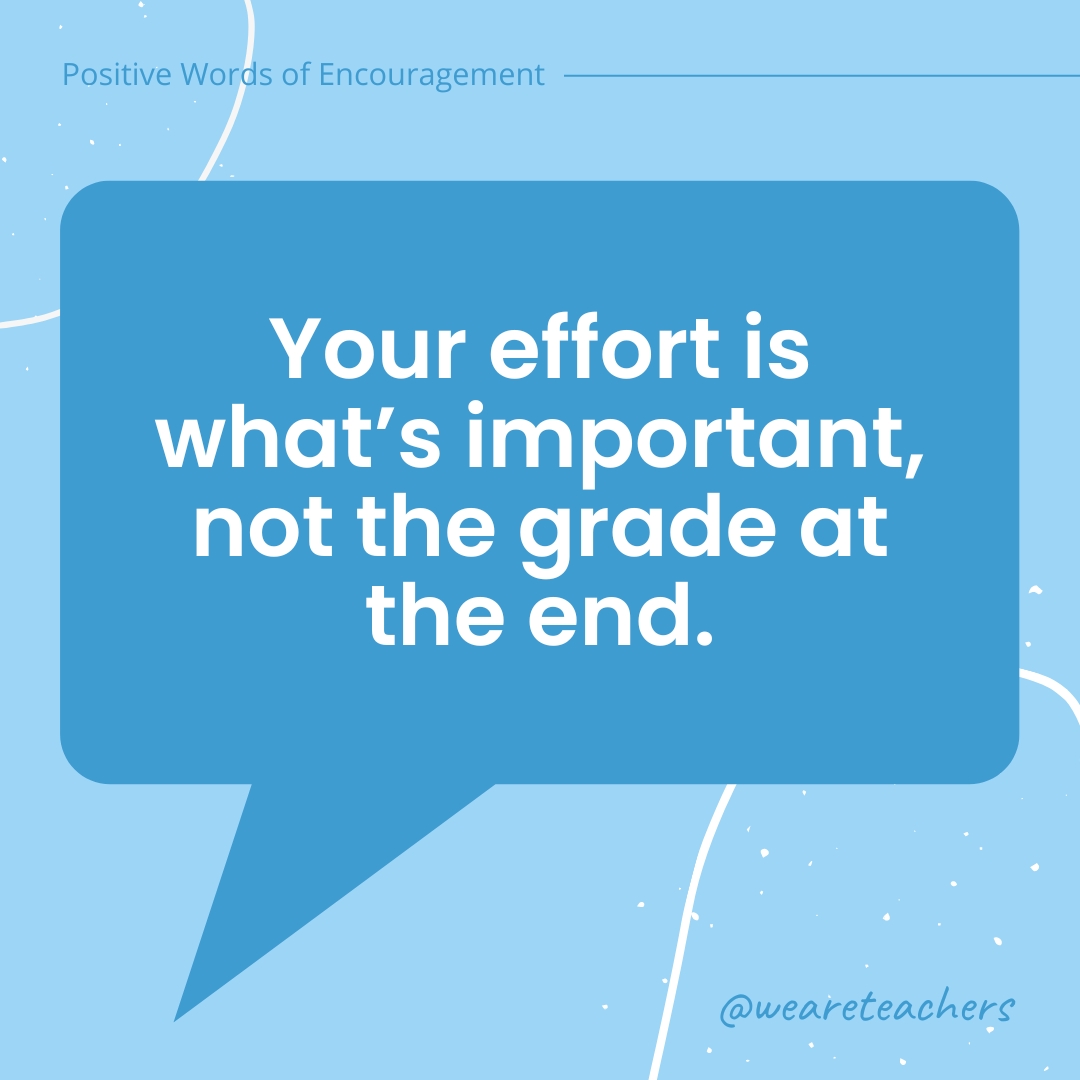
As a tutor, I’ve come to realise that one of the most powerful tools in learning isn’t a textbook, worksheet, or app – it’s words. The way we speak to children, the language we choose, and the tone we set can shape their confidence and willingness to learn. That’s why I make it a priority to celebrate even the smallest achievements my students make, because those “small wins” often create the biggest changes.
Children thrive on encouragement. When I vocalise their progress – whether it’s finally mastering a tricky times table, using the correct punctuation, or simply giving their best effort – it reminds them that learning is a journey worth recognising. A simple “I noticed you tried a new strategy today, well done” can mean more than any sticker or grade. It tells a child that their effort matters, and that growth, not perfection, is what we are aiming for together.
Acknowledging these steps out loud also builds resilience. Students begin to see mistakes not as failures, but as part of progress. When I point out their determination – “You didn’t give up, and look how far that got you” – I’m teaching them that persistence is valuable. These words become part of their inner dialogue, shaping how they speak to themselves when challenges arise.
What’s truly special is watching a child light up when they realise they’re being recognised. It might be for something they considered small, like neatly setting out their work or remembering to check an answer. Yet those affirmations build layers of self-belief, which in turn encourages them to take on bigger challenges with confidence.
Words work because they nurture. They create a safe space where children feel seen, heard, and motivated. As tutors, we don’t just guide students through academics – we guide them in seeing their own potential. And sometimes, all it takes is the right words spoken at the right time.
Carmen Yuen

